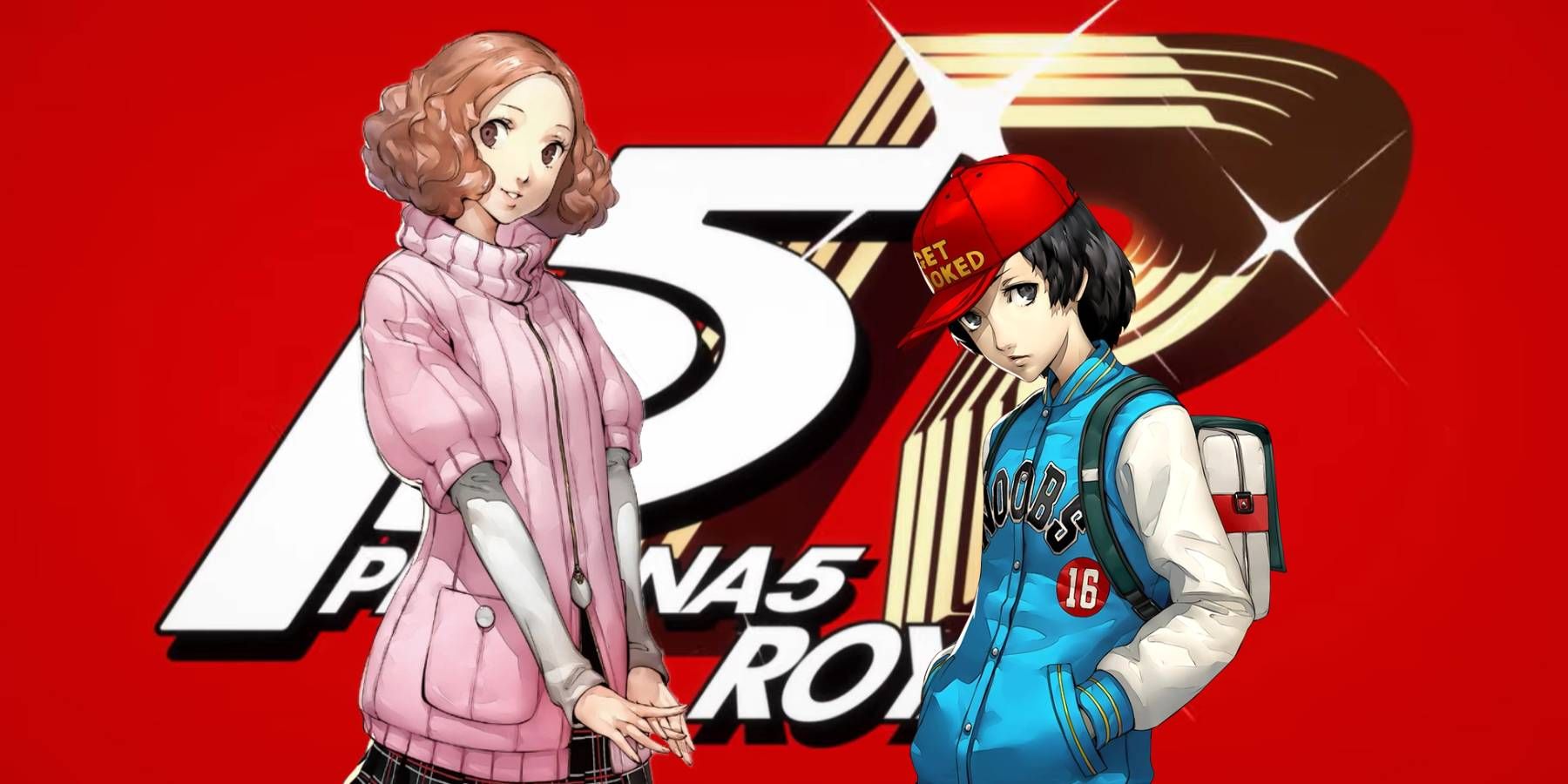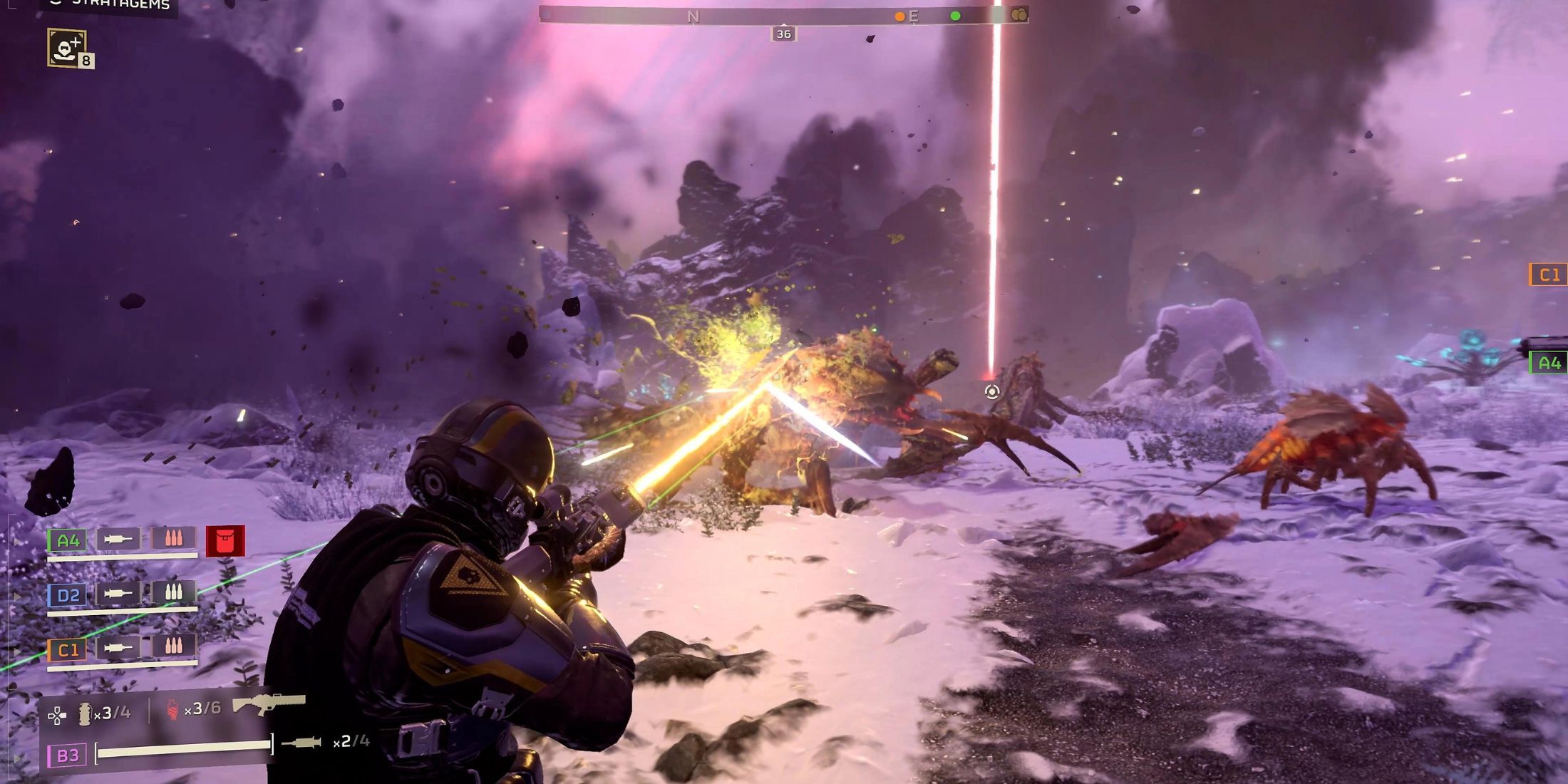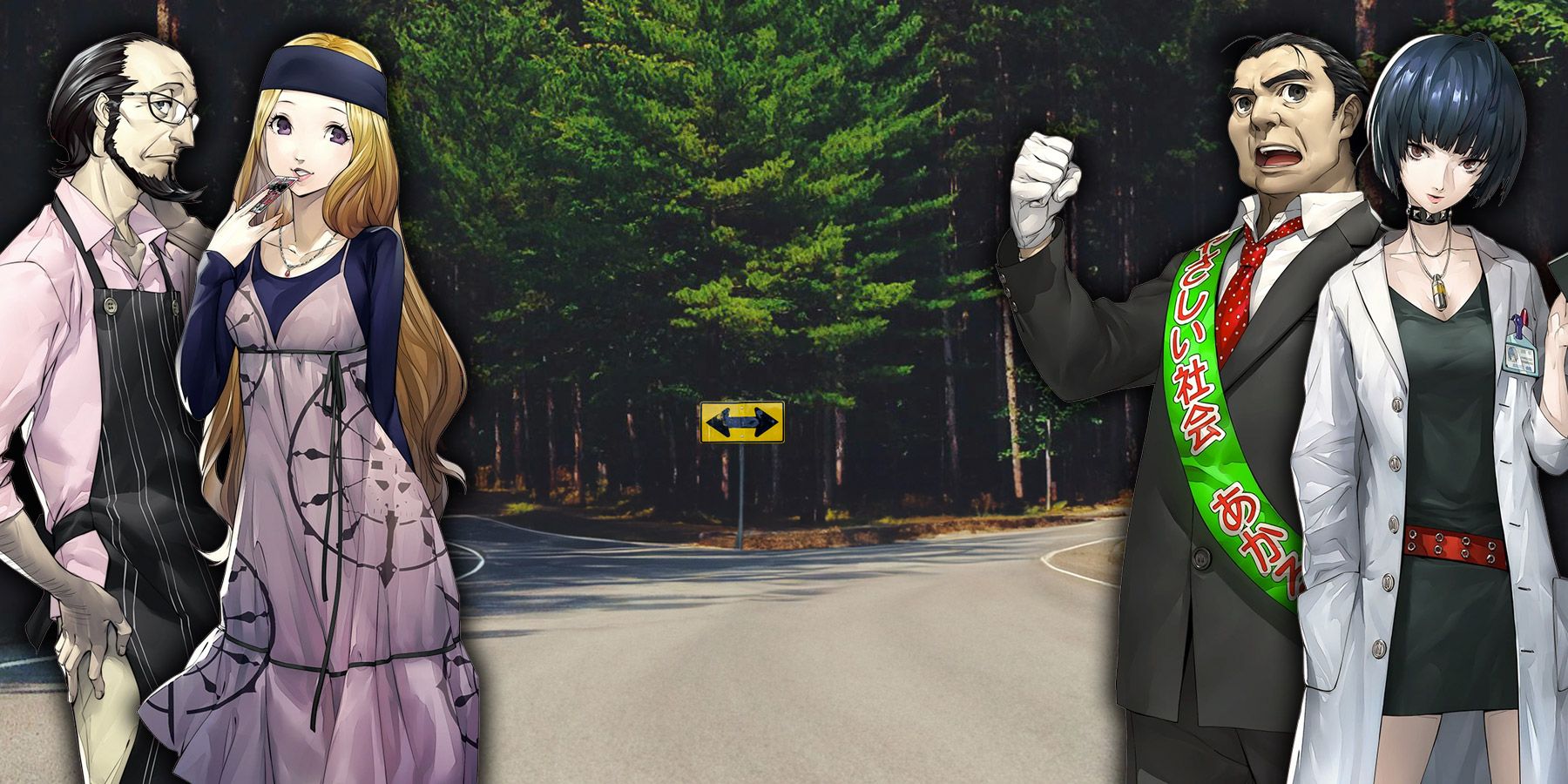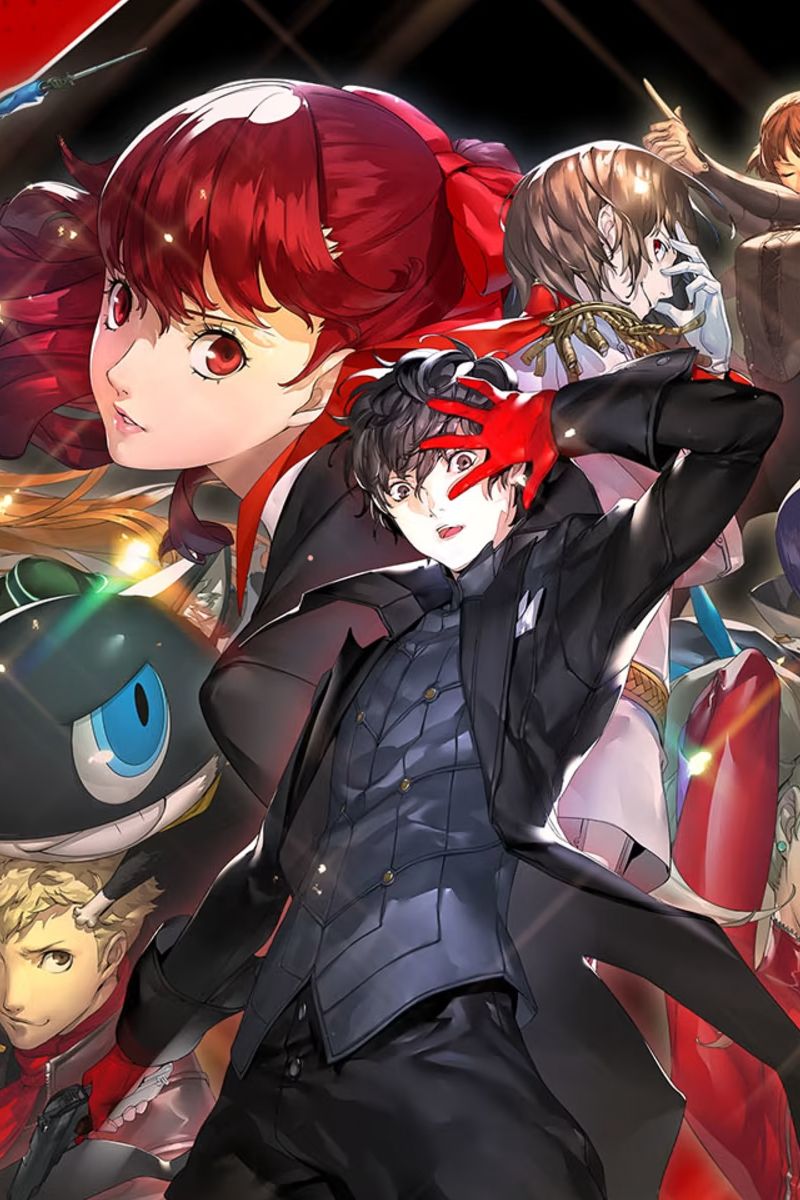Highlights
- The unique social simulation element in the Persona franchise, now called Confidants in Persona 5 Royal, offers players various benefits and perks that enhance gameplay.
- Social Links and Confidants provide players with new Personas, experience bonuses, combat abilities, and other tangible in-game benefits.
- Atlus faces a decision for Persona 6 on whether to continue with the Confidant system, revert to Social Links, or integrate both systems, while balancing the social sim and combat aspects of the game.
A unique element that sets the Persona franchise apart from other JRPGs is its social simulation. Players need to deepen their characters’ relationships with their friends and other companions to get various perks in other aspects of the game, like combat and Persona fusion. This system was called “Social Links” in Persona 3 and Persona 4, but was rebranded to Confidants in Persona 5 Royal. Confidants offer more benefits compared to Social Links, so players often have to prioritize P5R’s social sim more than dungeon-crawling. Atlus now faces a fork in the road for Persona 6, as it needs to decide whether to continue with the new Confidant system, go back to Social Links, or integrate both systems.
Moving up the Social Link ladder gives players new Personas and experience bonuses for Persona Fusion, depending on the link’s Arcana. Players also acquire additional combat abilities when ranking up their party member Social Links Persona 4. Persona 5 doubles down on this by letting non-party Confidants offer combat abilities. Mishima, an NPC that can’t be used in battle, can provide EXP to allies on standby. These perks could likely find their way into Persona 6, as they make leveling up much less of a chore. Some Confidants also offer other tangible benefits in-game, like:
- Takemi (Death) provides better healing items when the player improves their relationship with her
- Sakura (Hierophant) lets the player use his coffee brewing equipment to create SP recovery items
- Igor (Fool) boosts the EXP one gets from Persona fusion and unlocks the ability to negotiate with Shadows

Persona 6 Should Learn One Lesson From Persona 5 Royal Confidants Like Haru and Shinya
Haru and Shinya have one element in common in Persona 5 Royal that Persona 6 should take note of when designing its own Confidants.
The Case for Continuing the Confidant System for Persona 6
Confidants Have a Lot of Potential in Persona 6
What’s great about Persona 5 Royal’s Confidant system is that it’s just Social Links with more unique features. Each character with whom the player can build a relationship has a specific benefit that can improve one’s experience, from unlocking new features in the Tartarus-like dungeon of Mementos to providing players with new ways to obtain combat items. This system incentivizes players to explore and improve their relationships with each character. Compared to the perks that Social Links provided back then, the benefits that Confidants provide are too good to pass up. It only makes sense to improve on this system for Persona 6.
How Atlus Might Handle Confidants After Persona 5
The term “Confidant” fits Persona 5 Royal’s clandestine/heist theme quite well. Confidants are either part of the Phantom Thieves or a close ally to the protagonist. After all, a major plot point in the story is Joker’s arrest, so he needs the testimony of those close to him to get him out of serving time. They’re more than just friends that help the protagonist improve their sense of self, they’re allies that assist the Phantom Thieves in finding justice.
Persona 6 will likely have a vastly different motif, as is the case with all the Persona games, so Confidants won’t be applicable. This system should at least be rebranded to something else if it’s going to be ported to the sequel. The social sim in P6 could be downgraded back to Social Links if Atlus wants to refocus the gameplay back to dungeon crawling. Persona 6 could even double down on combat by adding more battle-focused abilities like Persona 3 Reload's new Theurgy system to Social Links, and make other elements like shop upgrades and Shadow negotiation unlockable through story progression instead.
Either way, upgrading both the social sim and combat is a hard bar to clear for Atlus, as it needs to keep the players’ priorities balanced. It’s a challenge that Atlus faces with every release of a new Persona game, but it has always emerged successful so far. Only time will tell if they’ll surpass the almost perfect gameplay formula of Persona 5 Royal in Persona 6.




